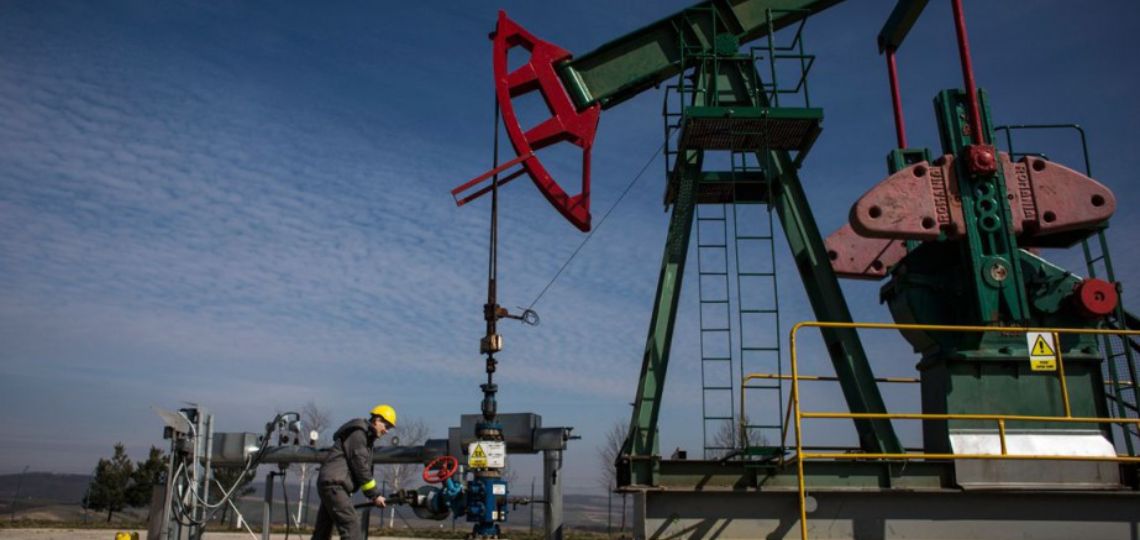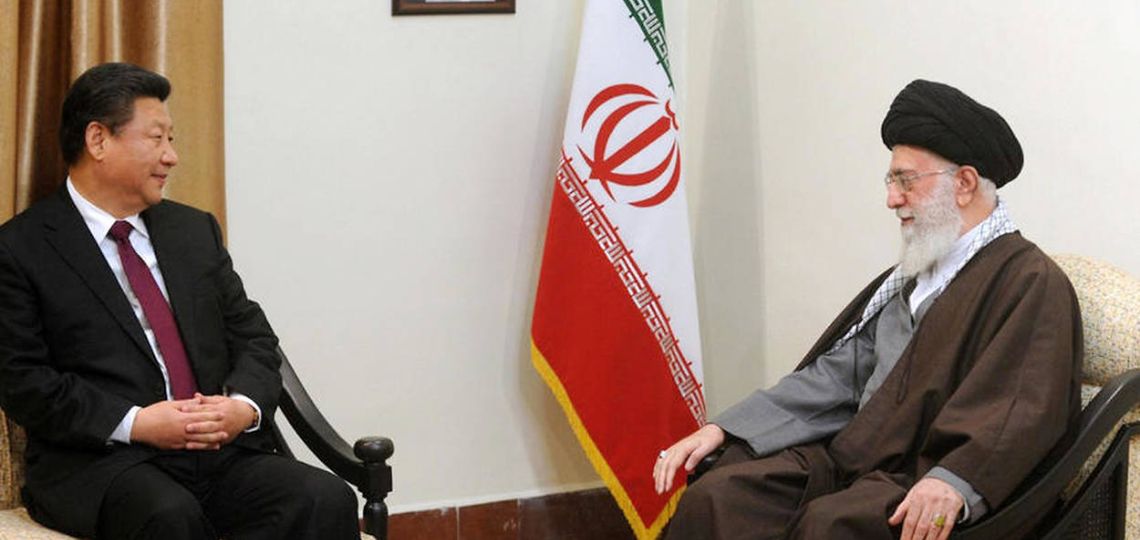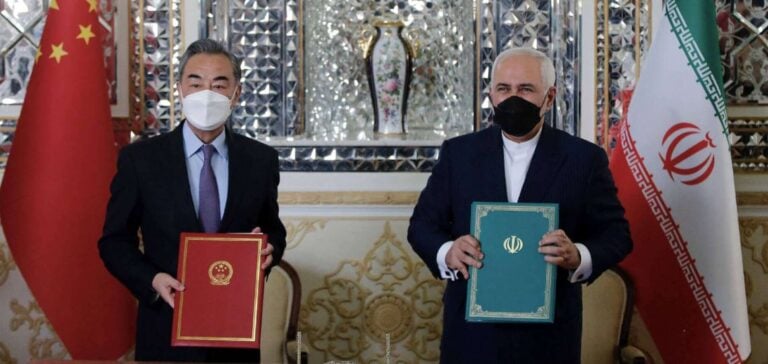A China/Iran hydrocarbon investment agreement has just been signed by the respective foreign ministers. The text provides for US$400 billion of Chinese investment in Iran in exchange for hydrocarbons sold at a discount by Iran. China, Iran’s biggest trading partner, is thus consolidating its position.
And all with impunity in the face of US sanctions against trade with Iran. What’s more, the agreement weakens America’s position in the Middle East. This forced the country to modify its anti-Chinese strategy, initially focused on the Pacific zone.
Zoom in on an event that could reshape the geopolitics of the Middle East, and indeed the world.
A China/Iran investment deal for hydrocarbons
On March 27, Iran and China signed an extensive trade and security cooperation pact. The text of the agreement signed by the foreign ministers of the two countries has not been published. Nevertheless, experts say it’s largely unchanged from a draft leaked last year by the NY Times. Also that it should be established for at least 25 years.
China is said to have promised technical assistance and investment in Iran’s energy sector. More generally, the agreement would provide for extended cooperation in the fields of infrastructure, banking, finance and insurance. In all, China is expected to spend no less than $400 billion in Iran by 2045.
Against priority access to oil and gas resources
In return, China would be guaranteed priority access to the country’s oil and gas resources. Beijing will also benefit from an estimated 12% discount on the price of hydrocarbons. Finally, the agreement provides for a deepening of military cooperation. These include joint training and exercises, research and intelligence sharing.

Consolidating the China/Iran economic and energy alliance
The two countries under US sanctions have forged an alliance in the face of a common adversary. Beijing has become Teheran’s biggest trading partner, with bilateral trade expected to total $18 billion by 2020. China has thus taken the place of the Europeans. The latter have not traded with Iran since the return of US sanctions.
Conversely, China continued to export its products to Iran and maintained a certain level of oil imports. Better still, these exchanges have intensified, particularly since the election of Joe Biden to the American presidency.
China imported 406,000 b/d in February and over 650,000 b/d in March. Most of them indirectly, with oil transiting through Oman, the United Arab Emirates or Malaysia. China is projected to import over1 million b/d in April.
Bringing the South Pars gas project to fruition
This China/Iran relationship and agreement also enables the Persian Gulf country to move ahead with its South Pars gas project. It is scheduled for delivery this year, in 2021.
Here again, Beijing is ahead of Europe, gaining privileged access to a strategic resource for both powers. Iran has the world’s second-largest gas reserves, and its production is increasing month by month, reaching 2.14 million b/d in February.
A united front against US sanctions
The agreement will serve to counter U.S. measures while giving them leverage in their negotiations with the United States. China’s Foreign Minister called on the United States to lift sanctions against Iran. As well as “removing its long arm of jurisdictional measures that targeted China, among others.” His Iranian counterpart, Mr. Zarif, described China in return as a “friend in difficult times”.
The United States withdrew from thenuclear deal in 2018 under the Presidency of Donald Trump. Recently, newly-elected US President Joe Biden sought to revive talks with Iran on the JCPOA. But discussions are stalling. The United States is demanding an end to uranium enrichment beyond that agreed in the JCPOA, while Iran is demanding an end to sanctions first.

We’ll have to wait for the popular uprising in Iran
The Sino-Iranian agreement shows Joe Biden that Tehran has the resources to cope with his country’s sanctions. It also shows that time is not on the side of the Americans, who had hoped that economic despair would not push the Iranian population to rise up against the Islamic regime.
This was not the case. Worse still, Iran even took advantage of the time left to prepare its response.
On the other hand, Joe Biden seems determined to pursue a hard-line anti-Chinese stance. Here again, the cooperation agreement shows the United States that China has means other than economic to destabilize them. The China/Iran agreement thus moves the Sino-American confrontation into a new dimension, that of the Middle East.
China’s goal: a lasting presence in the Middle East
For China, the agreement with Iran represents a gateway to the business table of a region controlling 20% of the world’s oil. It is part of the “New Silk Roads” strategy. Allowing Beijing to compete with Washington in the region. This is all the more the case as the United States is reducing its military presence there, despite its strategic partnership with the Arab states of the Gulf.
What’s more, unlike the projection of American and Russian military power in the region, China benefits economically from its soft influence. Indeed, China will gain from the cooperation agreement at least as much as it spends on investment in Iran.
Firstly, China will get discounts on Iranian oil. Secondly, it can implement a fear strategy. In the sense that the discounts will have to be extended to the other Gulf countries if they wish to anticipate and curb a China/Iran cooperation that could be achieved in another dimension, i.e. on a military level.
Tehran in a position of weakness?
A final question is whether the agreement will really serve Iran’s interests. Teheran’s signature was essentially motivated by the economic pressure exerted by the United States, aggravated by Covid-19. For the Iranians, this is critical, long-term economic aid at a particularly difficult time.
Many therefore feel that the Iran-China relationship within the cooperation agreement is unbalanced. Last year, Iranians protested when rumors claimed that China would take over entire territories of Iran. The demonstrators had urged President Rohani not to “sell their country” to China.






















